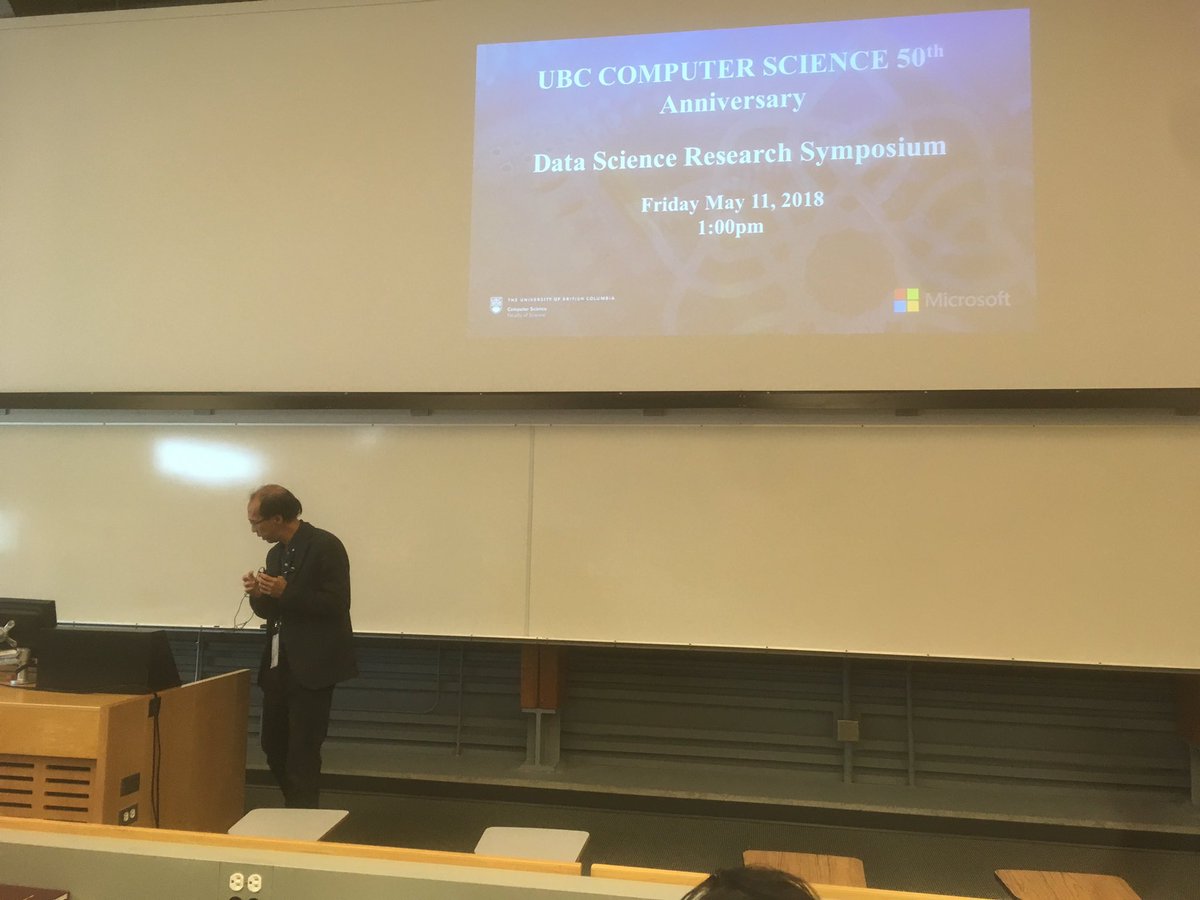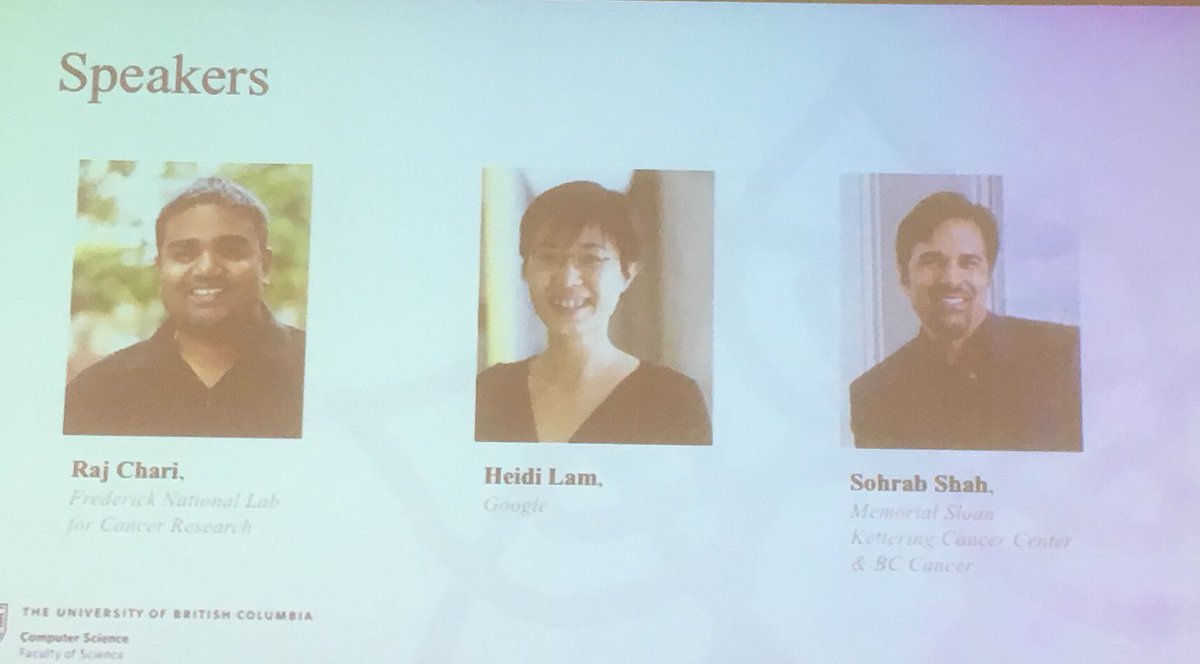Computer Science has a phenomenon called "The Curse of Dimensionality"
en.wikipedia.org/wiki/Curse_of_…
en.wikipedia.org/wiki/Compresse…
This will happen with the supposed non-scalability of Bitcoin-type consensus as well. We'll relax the problem enough to solve it, while satisfying the applications
Blockchain scaling -- is like landing on the moon
General AI -- is like developing faster-than-lightspeed travel.











